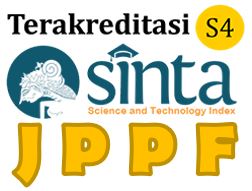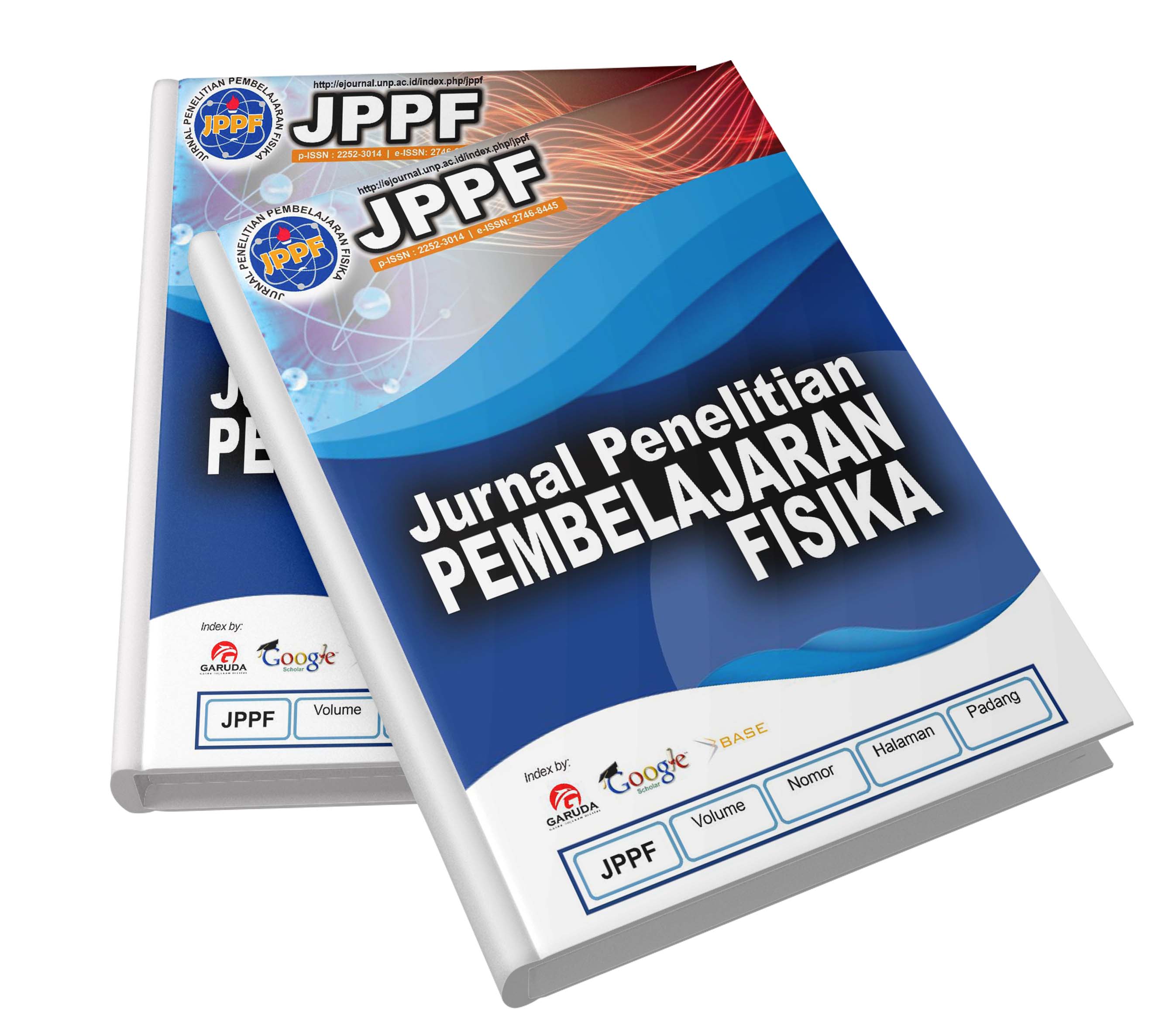- Home
- Vol 9, No 2 (2023)
- Anwar
Effects of STEM Integration in Science Learning on Critical Thinking and Creative Thinking Skills: A Meta-Analysis
Pratiwi Ineke Anwar
(1 )
), - Usmeldi
(2), - Asrizal
(3),
(1) Masters Study Program of Physics Education, FMIPA, Universitas Negeri Padang, West Sumatera, Indonesia

Indonesia
(2) Department of Electrical Engineering , Universitas Negeri Padang, West Sumatera, Indonesia

Indonesia
(3) Department of Physics, Universitas Negeri Padang, West Sumatera, Indonesia

Indonesia

Corresponding Author
DOI :
https://doi.org/10.24036/jppf.v9i2.122493
Full Text:

Language : id
Abstract
Critical thinking and creative thinking skills are essential in facing the challenges of the 21st century. Integrating STEM into science learning is very important to develop students' critical thinking and creative thinking skills. Several problems were faced in its integration, including a lack of teacher understanding and skills in integrating STEM. The solution to this problem refers to meta-analysis journals, which can provide a comprehensive overview of previous research on STEM integration in science learning. This research aims to determine the effect of Stem Integration in Science Learning on Critical Thinking and Creative Thinking Skills. This type of research is meta-analysis. The re-research sample consisted of 20 journals. The data analysis technique used in this research is to calculate the effect size of each article. Integrating STEM in learning significantly affects critical and creative thinking skills at all levels of education. The highest effect size score is at the high school level, with an average effect size value for critical thinking skills of 3.08 (very high category) and creative thinking skills of 2.09 (very high category). The integration of STEM in teaching materials has a significant impact. The STEM approach gave the best results, with an effect size of 3.41 for critical thinking and 5.21 for creative thinking skills. The problem-based learning model has the highest effect size, 5.35, in critical thinking skills. Meanwhile, the project-based learning model provides a high effect size of 0.97 for creative thinking skills
 Article Metrics
Article Metrics

Abstract Views : 270 times

PDF Downloaded : 55 times
Refbacks
- There are currently no refbacks.
 ), - Usmeldi(2), - Asrizal(3),
), - Usmeldi(2), - Asrizal(3),  Corresponding Author
Corresponding Author
 Language : id
Language : id
 Article Metrics
Article Metrics Abstract Views : 270 times
Abstract Views : 270 times
 PDF Downloaded : 55 times
PDF Downloaded : 55 times




